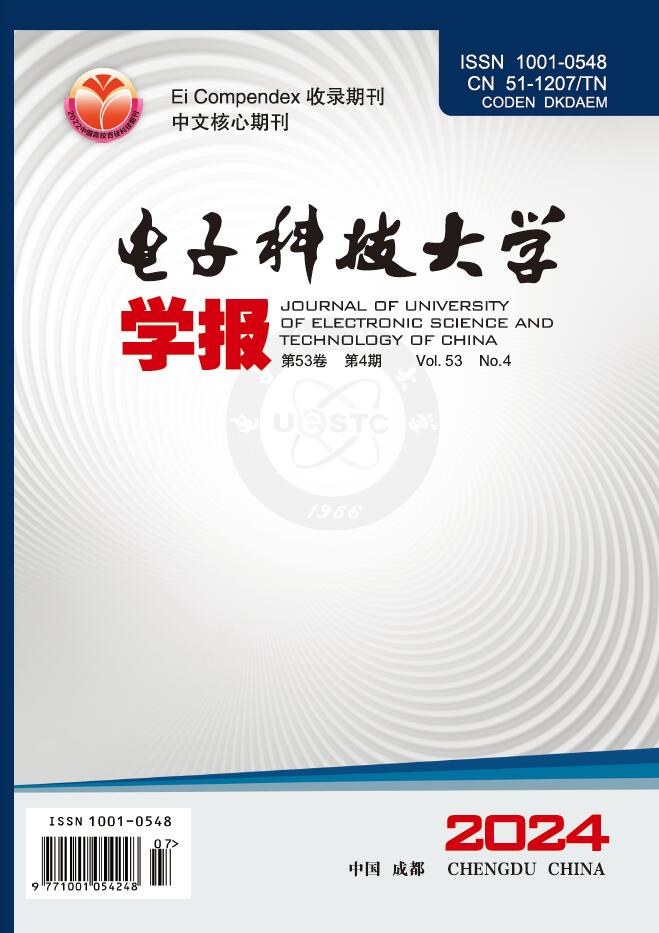Epidemiological Characteristics of Novel Coronavirus COVID-19 Based on Web Data Mining
Q4 Engineering
引用次数: 0
Abstract
Based on the Selenium data mining technology, the epidemiological characteristics of real help cases in Sina Weibo were obtained by the analysis of 690 valid cases posted in the Sina Weibo “Pneumonia Patients Asking for Help” topic from February 4 to February 22, 2020. The research showed that 97.6% of the patients seeking for help came from Wuhan, mainly centralized in Wuchang, Tongkou, Hanyang etc. urban areas, and the proportion is directly proportional to the local medical resources and population density. The cases of Weibo help were mainly distributed from February 4 to February 7, 2020. With the relief of medical resources, the number of cases seeking help through social media decreased significantly. The distribution of patients, whose diagnosed date was mainly from January 16 to February 6, 2020, was basically consistent with the case information released by the Chinese Center for Disease Control and Prevention (CCDC). The median age of patients seeking for help was 60 years old, which was much higher than the data released by the CCDC but was roughly coincident with the data of the central hospital of Wuhan. The results of this study indicate that when dealing with major outbreaks of infectious diseases, social media are equally important in epidemiological analysis as well as the role in the dissemination of public opinion. Based on the wide adoption and timeliness nature of social media, it will be helpful for decision-makers to quickly grasp the real-world situation as it is combined with data mining or big data analysis.基于Web数据挖掘的新型冠状病毒COVID-19流行病学特征
基于硒数据挖掘技术,通过分析2020年2月4日至2月22日新浪微博“肺炎患者求助”话题中发布的690例有效病例,获得新浪微博中真实求助病例的流行病学特征。研究表明,97.6%的求助患者来自武汉,主要集中在武昌、铜口、汉阳等城市地区,这一比例与当地医疗资源和人口密度成正比。微博求助案例主要分布在2020年2月4日至2月7日。随着医疗资源的缓解,通过社交媒体寻求帮助的病例数量大幅下降。确诊日期主要为2020年1月16日至2月6日的患者分布与中国疾病预防控制中心发布的病例信息基本一致。寻求帮助的患者的中位年龄为60岁,远高于CCDC发布的数据,但与武汉市中心医院的数据大致一致。这项研究的结果表明,在应对重大传染病疫情时,社交媒体在流行病学分析中以及在舆论传播中的作用同样重要。基于社交媒体的广泛采用和及时性,将其与数据挖掘或大数据分析相结合,将有助于决策者快速掌握现实世界的情况。
本文章由计算机程序翻译,如有差异,请以英文原文为准。
求助全文
约1分钟内获得全文
求助全文
来源期刊

电子科技大学学报
Engineering-Electrical and Electronic Engineering
CiteScore
1.40
自引率
0.00%
发文量
7228
期刊介绍:
 求助内容:
求助内容: 应助结果提醒方式:
应助结果提醒方式:


